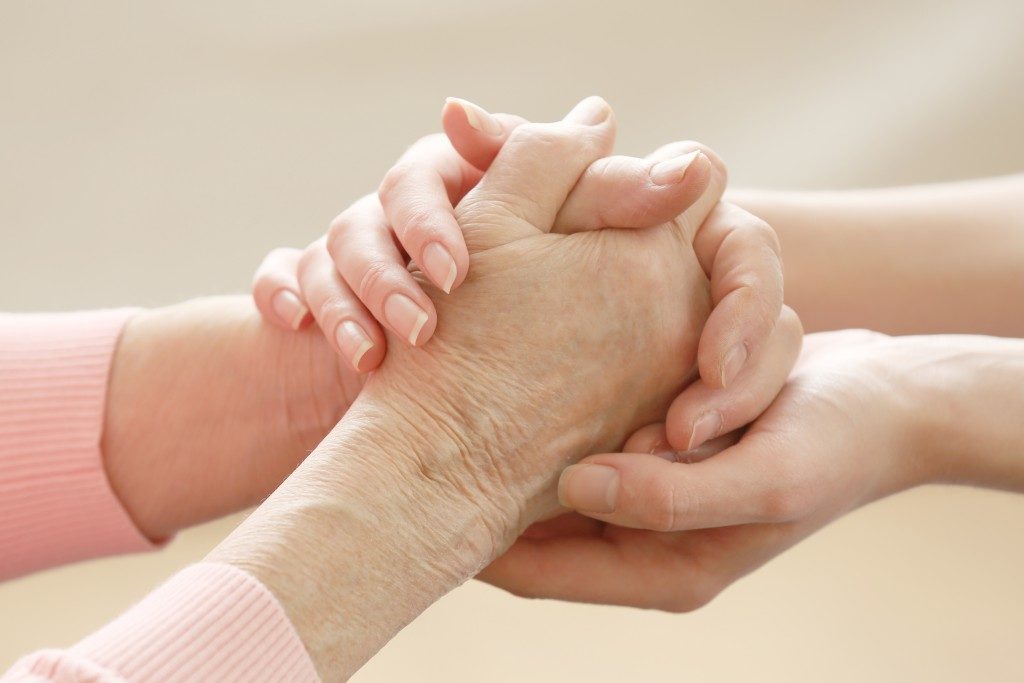Deathbeds are riddled with mysteries. From conversations with the dead to delirium episodes, the dying goes through a range of psychospiritual experiences. But perhaps the most baffling, one that people (and science) know very little about, is terminal lucidity. You may have heard stories about it, strange occurrences wherein a seriously-ill, the dying person regains some clarity and energy that they’re able to hold a conversation, say goodbye to family and friends, even crack a joke. It’s consoling and hopeful, but it’s only for a brief period. The imminent death eventually comes to pass.
The Last Hurrah
‘Terminal lucidity’ is a term coined by German biologist Michael Nahm in 2008. But before the medical label, a lot of people, mostly nurses in hospice care facilities, were already familiar with such a phenomenon. One of the most popular cases is that of the patient named Anna Katharina Ehmer, a 26-year old German woman who lived in a mental institution due to severe cognitive disabilities. She had never spoken a word ever since, as meningitis had severely affected her brain. Nearing her death, though, a mystery — a miracle, as some physicians at that time would call it — happened. Not only did she utter a word, but sang lyrics about peace and death. For a developmentally delayed person to piece together words, present it in a song, and make absolute sense in her expression, it’s a mystery doctors can’t comprehend.
The strange case of terminal lucidity happens to different patients with different degrees and types of diseases. It happened to those with psychiatric disorders, like mania and schizophrenia. It happened to those who had neurological diseases, like Alzheimer’s and stroke. In such cases, it’s difficult to imagine that the brain’s neuronal circuits ever got impaired. So far, science has little to no explanation of why and how this happens. One theory holds, however, that the mind can transcend bodies, brains, even the physical world. Another theory also adds that conscious self, the thinking and feeling being, operates independently. All the same, what’s important, on the surviving family’s end, is to maximise this one last hurrah. As mentioned, it’s brief, sometimes momentary, so you want to seize it as much as you can.
The Final Goodbye

Although not all, a lot of people who experience terminal lucidity seem to use that short period of clarity to reconnect with loved ones. Some would call up family members to thank them. Others would say goodbye. Still, some would hold a normal conversation with the people around them. When these things happen, Indiana hospice care services providers recommend just taking cues from your loved one. Go wherever they lead the talk. Give what they ask of you. If they’re thanking you, thank them back for their life. If they’re saying goodbye, let go and reassure them. If they’re trying to make amends, forgive and accept forgiveness. Smile. Hold their hand. Embrace them, if necessary. Take advantage of this brief period of a miracle.
The End of Life Nearing
Terminal lucidity is real. You can call it a mystery. You can describe it as a miracle. You can charge it to spiritual experience. But the truth remains: it happens. What’s important is, what you make out of it, concerning your dying loved one.

